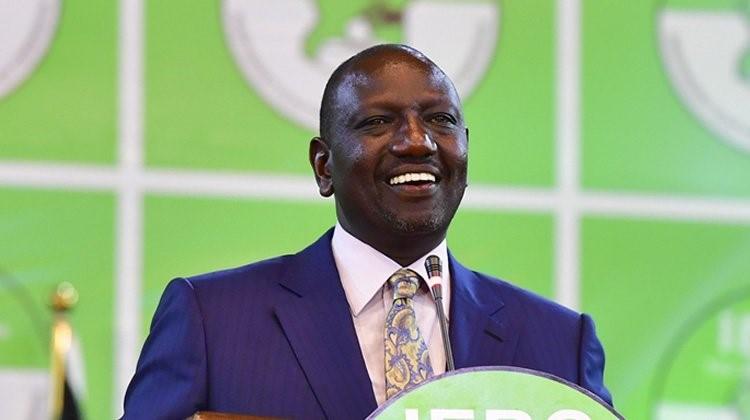The Cost of Capital: How Ghana’s Rising Interest Rates Challenge FDI Attraction

Introduction
In the intricate dance of global economics, interest rates lead the rhythm. For Ghana, the tempo has accelerated with the central bank’s move to increase interest rates, a decision echoing through the corridors of local businesses and foreign investment prospects. This article peels back the layers of economic strategy to reveal the multifaceted impact of these rates on the nation’s allure to foreign direct investment (FDI).
Elevated Interest Rates: The Domino Effect on Borrowing
The central bank’s stance on high-interest rates, aimed at taming inflation, inadvertently tightens the financial belts of local enterprises and consumers. Borrowing, the lifeblood for expansion and consumption, becomes an expensive affair, leading to a constricted cash flow. Herein lies the first tremor of the domino effect — costlier loans translate into stunted business growth and restrained consumer spending.
Debt Servicing: A Growing Burden
With increased interest rates, servicing existing debts becomes a heavier burden. Companies and individuals find themselves allocating a larger slice of their revenue and income to keep up with interest payments. This diversion of funds from other operational or personal expenses limits economic vitality and reduces the overall spending power within the economy.
The FDI Equation: Risk versus Reward
For foreign investors scouting for fertile grounds, high-interest rates in Ghana present a formidable barrier. The arithmetic of investment under such conditions often subtracts from the expected returns, as the heightened cost of doing business eats into profit margins. In a competitive global stage, the high cost of capital in Ghana makes it a less appealing destination for FDI.
Disposable Income and Consumer Confidence: The FDI Magnets
Foreign investors often seek vibrant markets with robust consumer spending as a signal of economic health. However, when disposable income shrinks under the weight of high-interest rates, so does consumer confidence and expenditure. This contraction in the market’s vibrancy dims the country’s appeal to investors, who thrive on consumer demand to fuel their returns.
Conclusion
As Ghana navigates through the choppy waters of economic management, the ripples caused by rising interest rates extend far beyond its shores, affecting perceptions and realities of FDI flow. While these fiscal policies are crucial for macroeconomic stability, finding the equilibrium that safeguards FDI appeal remains a critical challenge. The cost of capital, therefore, emerges not just as an economic metric, but as a beacon indicating the country’s position in the global investment landscape.




